Jury deliberations in Sean “Diddy” Combs’ federal trial for sex crimes continued to hit roadblocks Tuesday as the court dealt with more notes from the jurors.
Multiple notes were sent back from the jury throughout the roughly 10 hours of deliberations so far. By Tuesday morning, the jury had sent the court three notes of substance. The third note asked for transcripts regarding specific testimony from Diddy’s ex, Cassie Ventura, and a male escort.
The case against Diddy is proving to be a “rare nail-biter” for the prosecution, according to Fox News contributor Paul Mauro.
“The Southern District’s conviction rate is well-north of 90%. They don’t take cases to lose them,” the retired NYPD inspector told Fox News Digital. “That said, the Diddy case has some real challenges. In the end, the evidence came down to how coerced the female victims were. As these women reached out affirmatively to Diddy, were they suffering a version of battered wife syndrome? Or was the entire thing transactional? Further: Without that sexual activity, will the drug and weapons allegations suffice to demonstrate an actual racketeering entity? This is a rare nail-biter for SDNY – far from a slam-dunk. And the possibility of a split verdict here, at the least, is very real.”
DIDDY JURY SETBACK COULD INDICATE A ‘STEALTH JUROR,’ MIGHT SIGNAL MAJOR ADVANTAGE FOR DEFENSE: EXPERT
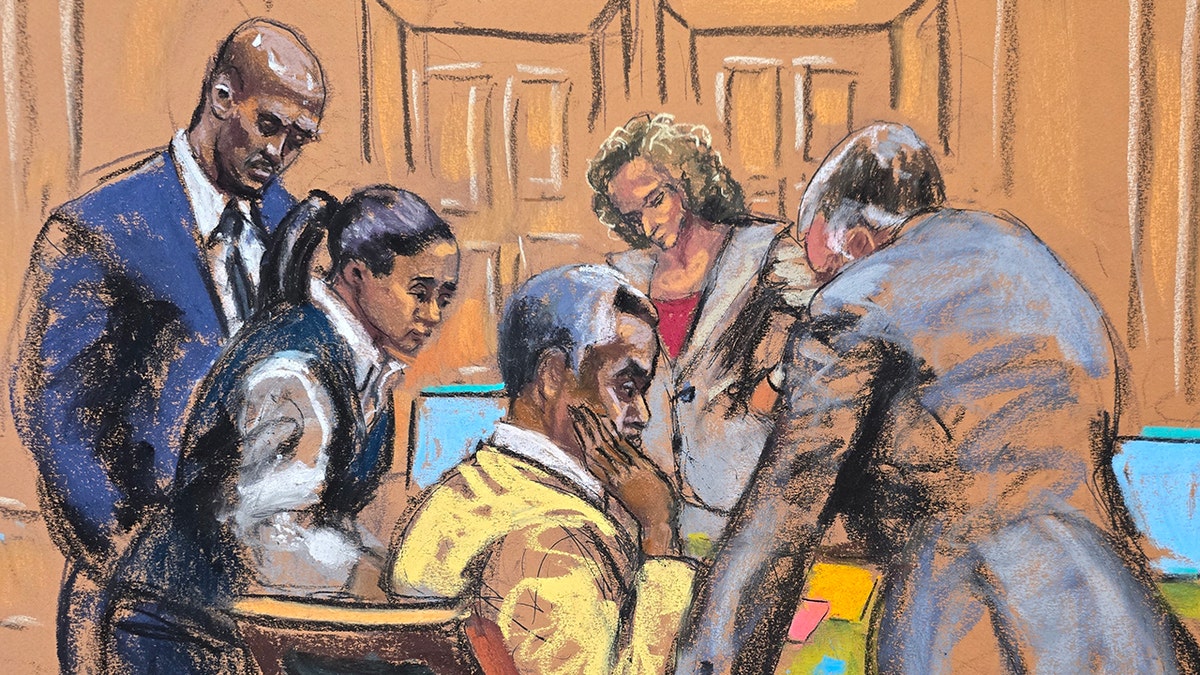
Sean “Diddy” Combs’ federal trial continued Monday with jury deliberations. (Jane Rosenberg)
“This is a rare nail-biter for SDNY – far from a slam-dunk. And the possibility of a split verdict here, at the least, is very real.”
The jury specifically requested transcripts for multiple parts of Cassie’s testimony, including her account of an argument on the way home from a 2013 Cannes trip and the InterContinental Hotel testimony.
The jurors also requested the transcript of Daniel Phillip’s testimony regarding an alleged fight between Diddy and Cassie at the Essex Hotel along with any part of Cassie’s testimony about “freak offs” with the male escort.
After a lengthy discussion, the defense, prosecution and judge agreed on which portions of the testimony would be shared with the jury. Judge Arun Subramanian ruled the transcripts needed to be ready to share by 1pm ET.
Before leaving the courtroom, Diddy flashed a quick thumbs up/thumbs down to someone sitting in the family row.
WATCH: JURY ENTERS DAY 2 OF DELIBERATIONS IN SEAN ‘DIDDY’ COMBS TRIAL, SUBMITS QUESTIONS
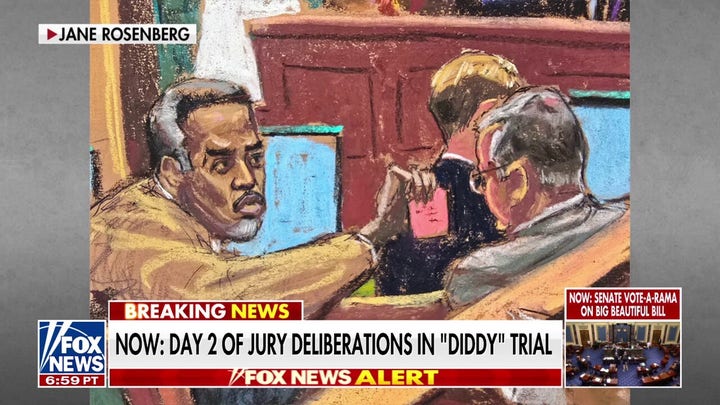
On Monday, before court ended for the day, the jury sent a note asking “If a recipient asks for a controlled substance, and another person hands it over to them, are they distributing?” Judge Subramanian chose to send a note back to the jury Tuesday morning as deliberations resumed. He pointed the group to page 37 of the charge document, which explained the law behind the distribution of drugs allegation.
Diddy took notes while the prosecution, defense and judge discussed what to respond to the jury’s note asking for clarification on drug distribution. The rapper mostly looked at the judge during the short court session. He occasionally looked at defense attorney Marc Agnifilo, seated to his right. Diddy also glanced over to his other lawyers, Teny Geragos and Alexandra Shapiro, seated to his left.
Combs and his lawyer, Xavier Donaldson, chatted a bit with some smiles afterward. Diddy spoke with the defense lawyer for a few minutes. Before leaving the courtroom, Diddy waved to his mother and another woman in the family row. He told his mother to “just relax” and then said he liked her outfit, which was a green and white patterned blouse.
DIDDY DEFENSE CLAIMS HE WAS UNFAIRLY TARGETED, WHILE PROSECUTION SAYS RAPPER THOUGHT ‘HE WAS UNTOUCHABLE’
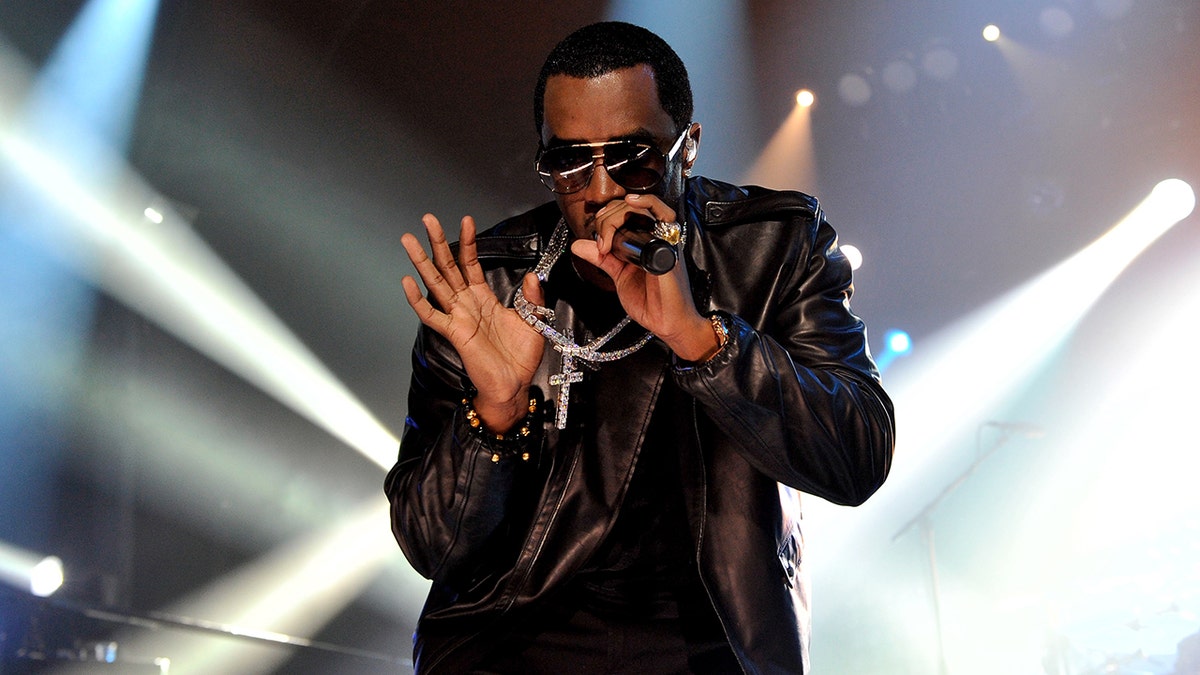
In court on Tuesday, Diddy told his mother to “just relax” and then said he liked her outfit. (Getty Images)
Problems within the jury could have been avoided, according to attorney David S. Seltzer, who told Fox News Digital that simply sequestering the jurors throughout the duration of the seven-week trial could have prevented additional issues reaching a verdict.
“I don’t see how people are not influenced by outside factors,” Seltzer said. “We live in a technology world where everyone wants their information now. I know the jury was instructed not to read anything, but I don’t think that was realistic given the length of the trial.”
Seltzer noted that not sequestering the jury was a mistake. “I have been saying from day one that it is impossible to tell people to stay off media and/or computers for six weeks-plus, when people are addicted to their devices. I think the court is relying on the admonishment, but respectfully turning a blind eye.”
WATCH: HARVEY WEINSTEIN’S FORMER LAWYER REVEALS QUESTIONS SHE’D WANT ANSWERS TO IN DIDDY TRIAL DELIBERATIONS
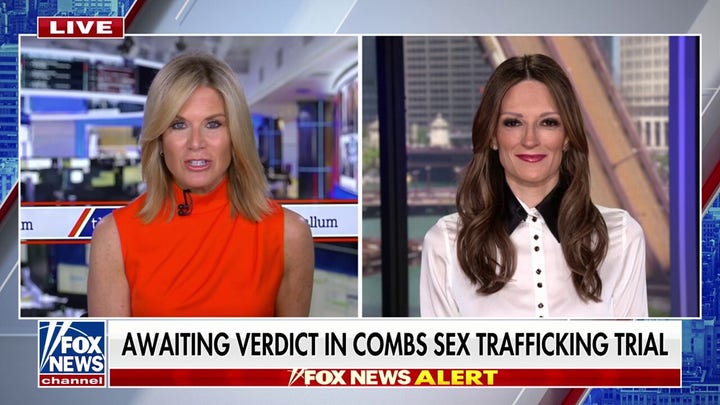
The jury sent two notes to the court throughout the five and a half hours of deliberations on Monday. The first note from the jury claimed one juror could not follow Judge Arun Subramanian’s instructions.
After a lengthy discussion on what to send back to the jury, Judge Subramanian adopted the language for the note proposed by the prosecution. The note sent read, “I received your note. I remind every juror of their duty to deliberate and their obligation to follow my instruction on the law. With that instruction in mind, please continue deliberating.” The note also explained not to include specific details about deliberations in any future notes.
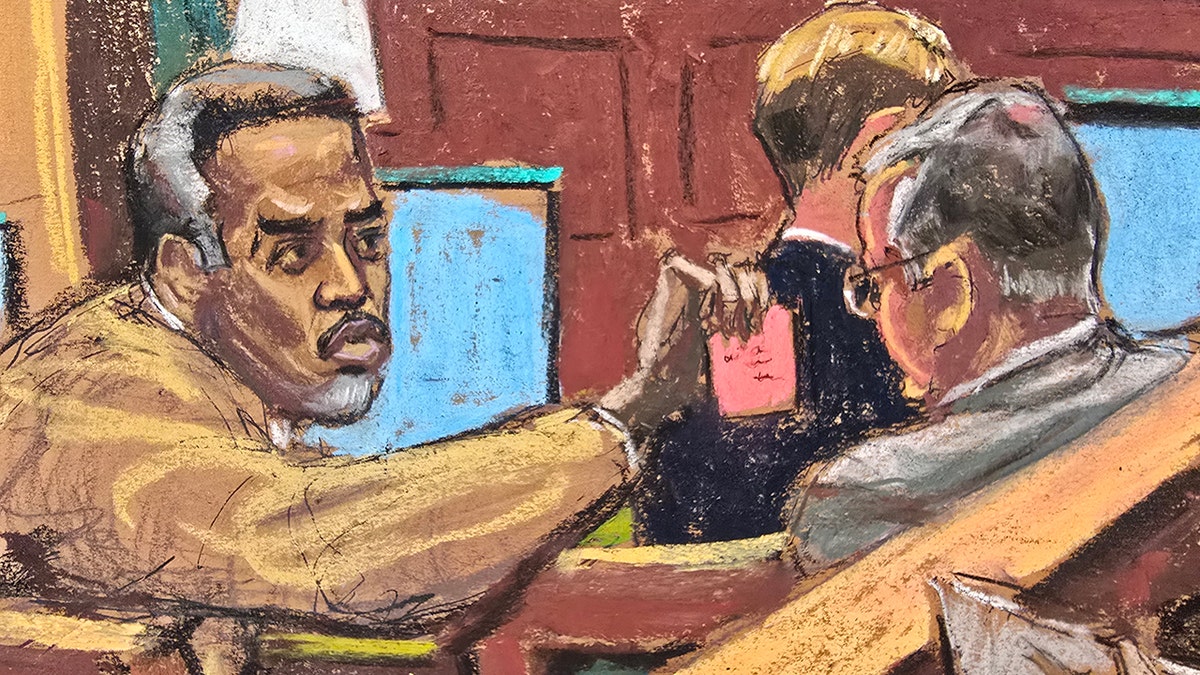
A sketch portrays Sean “Diddy” Comb in federal court during his trial in New York City, New York, U.S., June 30, 2025. (Jane Rosenberg)
“Courts will always push a jury to get to a unanimous verdict, but at the end of the day, it is up to the jury if they think they can get there,” Seltzer noted. “Often times when there are issues within the jury, they cannot get there, and it ends up in a hung jury.”
Right before the end of the court day, the jury asked for clarification regarding the alleged distribution of drugs. “If a recipient asks for a controlled substance, and another person hands it over to them, are they distributing?” The judge told the court that the jury would be given an answer on Tuesday.
While sequestering a jury — essentially isolating the 12 jurors and six alternates assigned to the case from the outside world — can be challenging, the process may prove to be essential in eliminating external influences.
Albany-based criminal defense attorney Paul DerOhannesian explained to Fox News Digital that jurors may have been swayed by the Internet and access to social media.
LIKE WHAT YOU’RE READING? CLICK HERE FOR MORE ENTERTAINMENT NEWS
“Unfortunately, courts are reluctant to utilize one of the few tools historically used to inoculate jurors against external sources of information during a trial or deliberations — sequestration,” DerOhannesian said. “We did see sequestration of the jury in the Casey Anthony and OJ Simpson trials. Sequestration in a federal trial is virtually non-existent in recent history.”
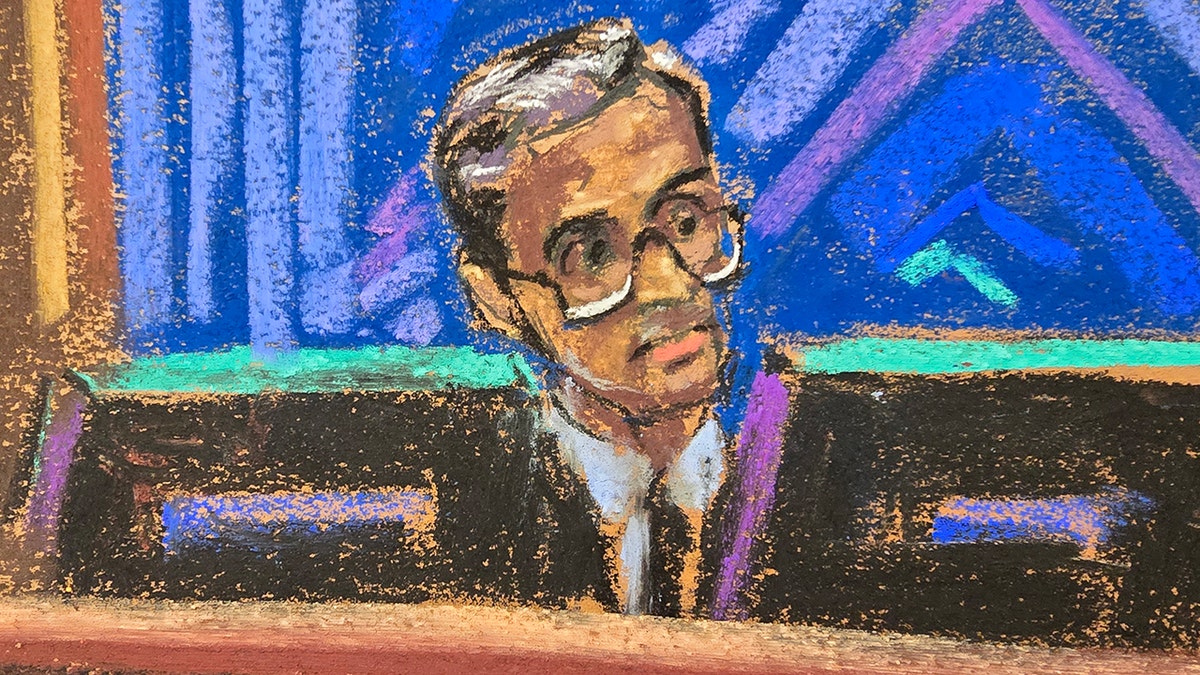
Judge Arun Subramanian received multiple notes from the jury on the first day of deliberations. (Jane Rosenberg)
Another high-profile case where the jury was not sequestered was Karen Read’s retrial. Jurors found Read not guilty of second-degree murder, but guilty of a lesser offense of operating a vehicle under the influence with a blood-alcohol level of .08% or greater.
“I think the lack of sequestration favors the defense,” Seltzer told Fox News Digital. “The media/coverage in the Karen Read trial, as I saw it, was pro-defense. The trial was very technical and not something that favors a prosecution case. The Diddy trial, while not technical, it was much of the same from all the witnesses and the media was not very favorable to the prosecution in meeting their burden.”
DerOhannesian said he wouldn’t “necessarily compare the Combs and Read trials. However, I would note Read benefited from some favorable publicity and information, particularly concerning the integrity of the investigation.”
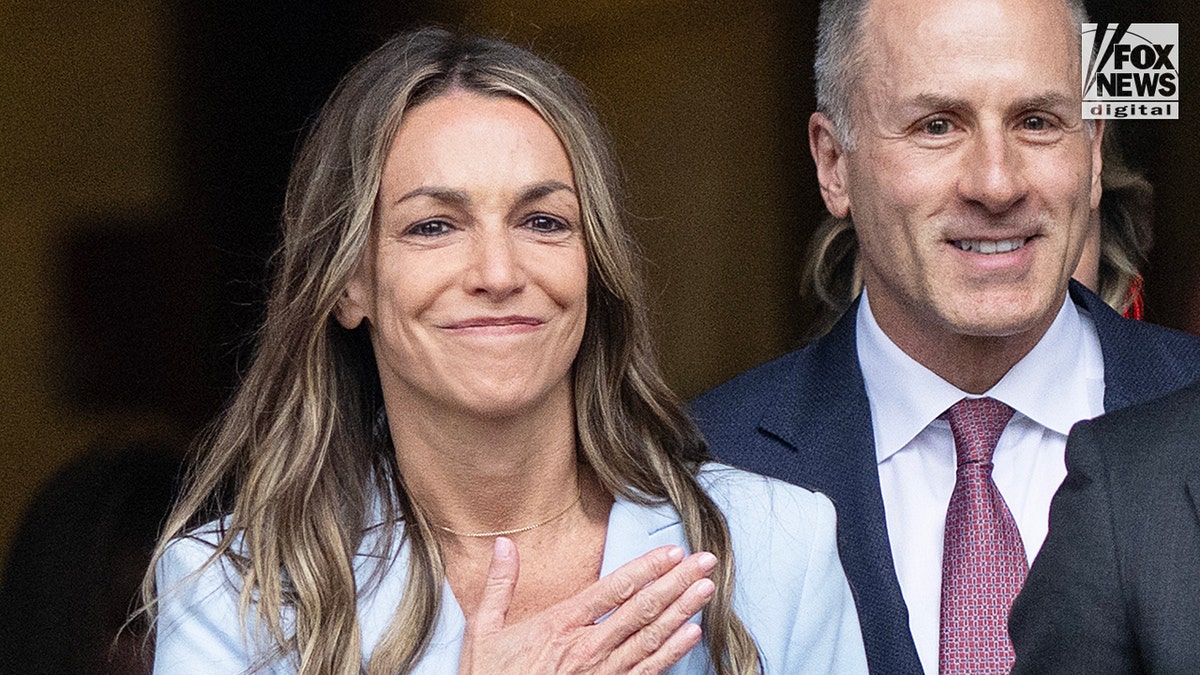
Karen Read exits Norfolk County Superior Court in Dedham, MA, Wednesday, June 18, 2025. Read was found to be not guilty of the murder of her boyfriend, John O’Keefe. (Richard Beetham for Fox News Digital)
WATCH: THE DIDDY CASE CAN ‘ABSOLUTELY’ BE RETRIED IF THERE IS A HUNG JURY, SAYS CRIMINAL DEFENSE ATTORNEY
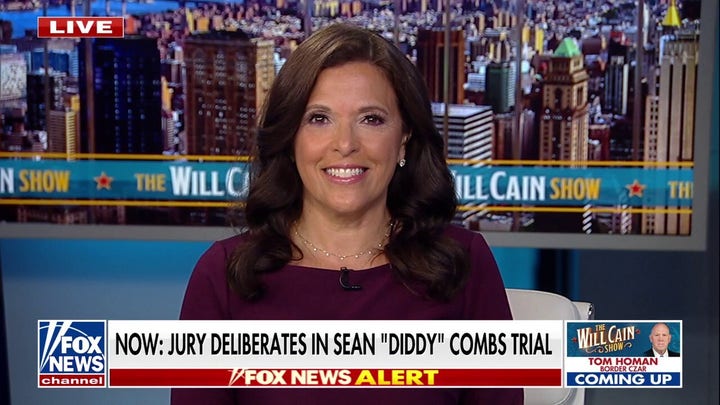
John J. Perlstein, a Los Angeles litigator, admitted it would be “naïve to believe that jurors universally adhere to these instructions and not read up on the situation they find themselves in.”
“I don’t believe that any jury needs to be sequestered unless it is a safety concern,” Perlstein added. “The instructions are what they are. The jurors are admonished daily, and all one can hope is that they abide.”
Diddy remained in the courtroom for about 20 minutes after the judge decided to provide the jury with the government’s proposed response to their first letter. He was sitting at the defense table with his attorneys. On his way out of the courtroom, he held up the two books he had with him. One is, “The Power of Positive Thinking.” The other is “The Happiness Advantage.”
CLICK HERE TO GET THE ENTERTAINMENT NEWSLETTER
The jury was sent to deliberate around 11:30 a.m. ET by the federal judge after lengthy instructions. Authorities charged Diddy with racketeering, two counts of sex trafficking and two counts of transportation to engage in prostitution. If convicted, he could face life in prison.
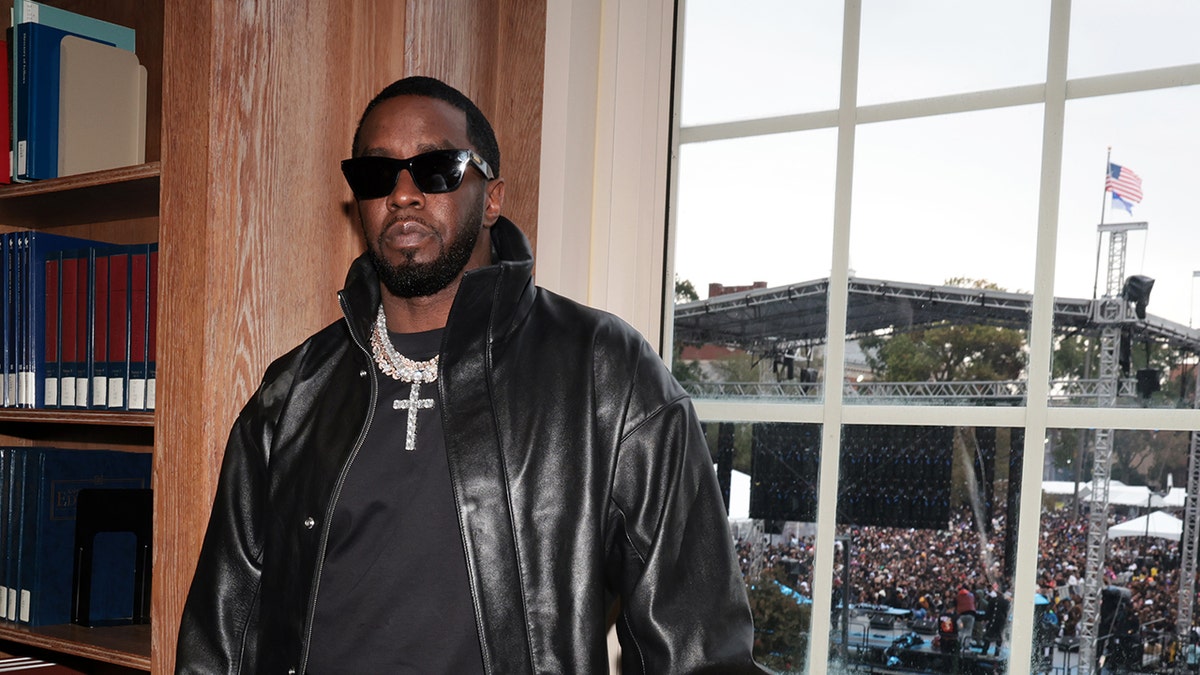
Diddy was arrested and charged with multiple counts in September 2024. (Shareif Ziyadat)
A 12-person jury comprised of eight men and four women will make the decision on whether to convict Diddy of federal crimes or let the fallen music mogul walk free following a seven-week trial.
Prosecutors began closing arguments Thursday with a focus on Diddy’s alleged stance as the leader of a criminal enterprise, a point they’ve attempted to drive home to the jurors with more than 30 witness testimonies.
The rapper’s defense team, headed by Marc Agnifilo, argued Friday that the prosecution’s evidence proved that the government was unfairly targeting Diddy and insisted he was innocent of the charges.
CLICK HERE TO GET THE FOX NEWS APP
If found guilty, the rapper faces a minimum of 15 years behind bars and a maximum sentence of life in prison. Diddy has maintained his innocence throughout the trial.
